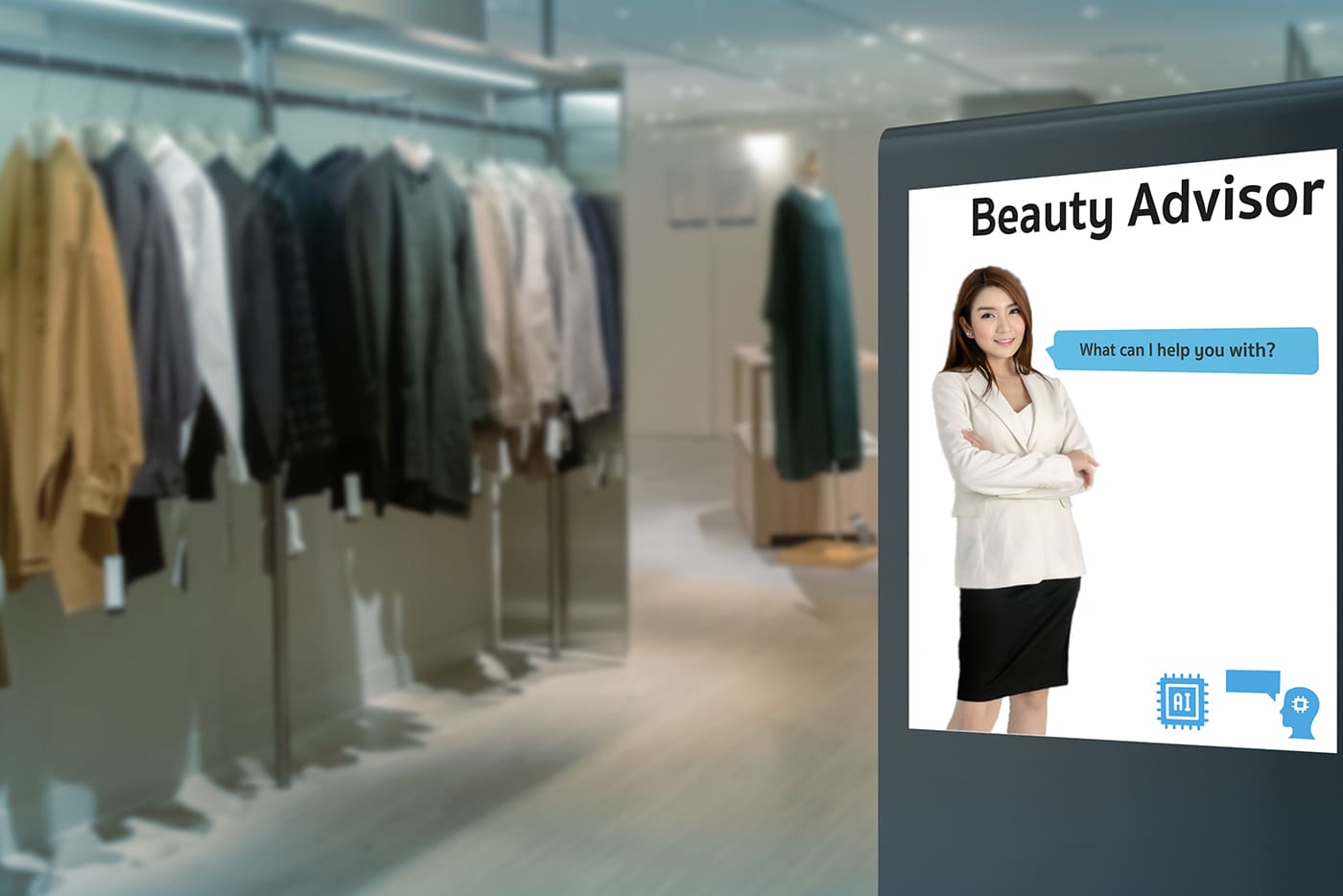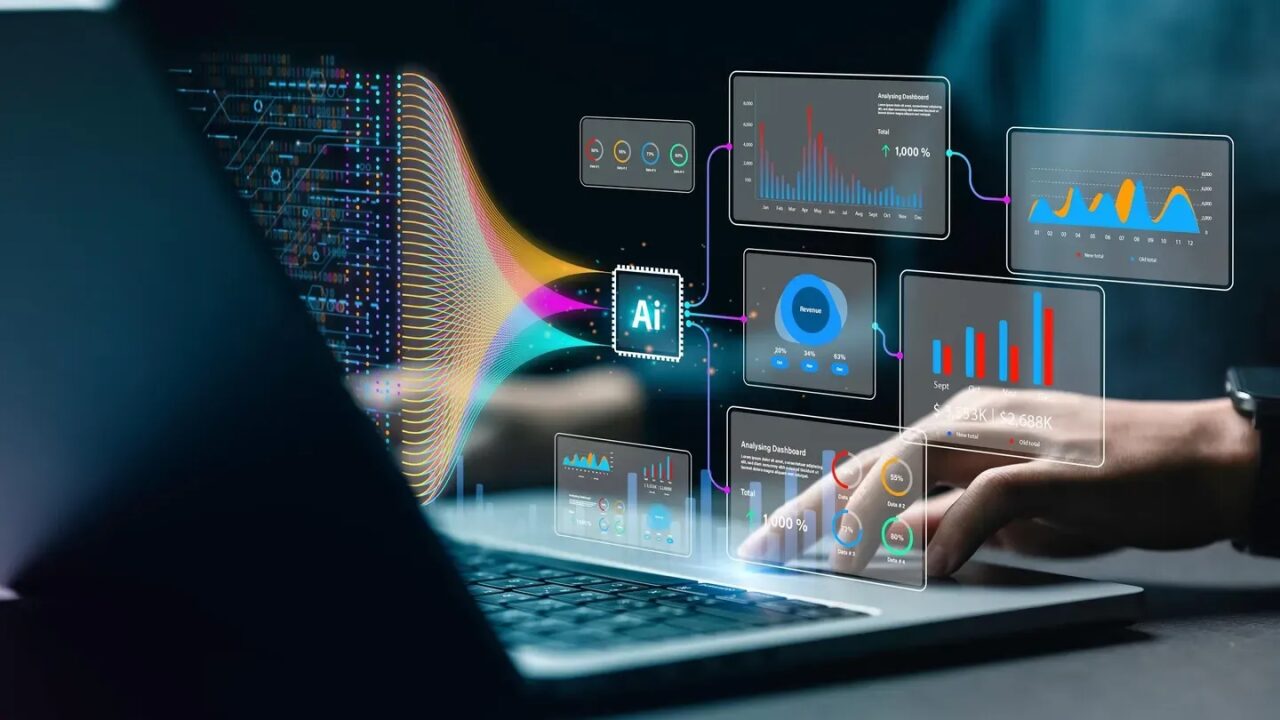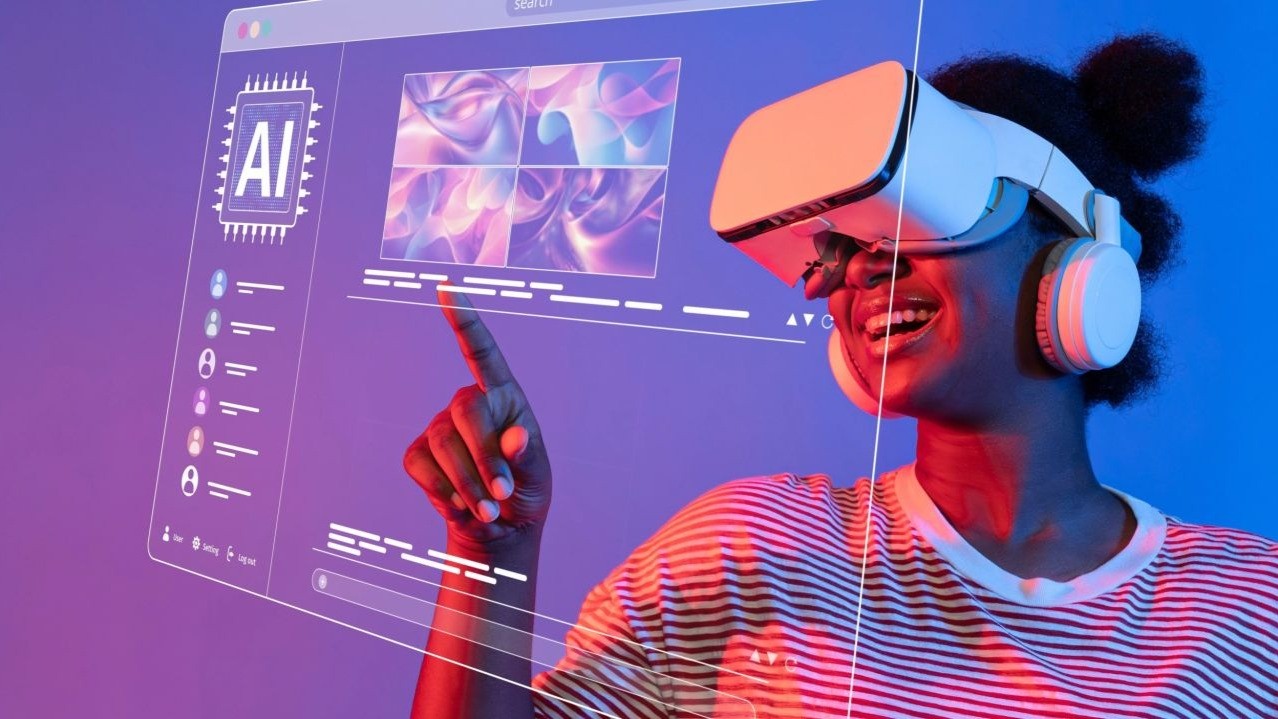Revolutionizing Retail: How ChatGPT Is Changing The Shopping Experience
5 April 2023
Tools like ChatGPT have put the capabilities of AI at the fingertips of everyone — and people all over the world are now recognizing that these tools can do incredible things. ChatGPT can answer questions, write poetry, create texts in the voices of specific authors, do translation, and more.
Incredible AI tools like ChatGPT will clearly have an effect on every single industry, and the retail sector is no exception.
Let’s explore some of the many ways ChatGPT can be used in retail and how it can transform the shopping experience for both customers and retailers.

Market Research
Market research is an essential part of any retail business. Connecting with target audiences helps retailers understand customer needs, preferences, and behavior.
ChatGPT can be a valuable tool for conducting retail market research. By analyzing customer data, ChatGPT can provide insights into buyer behavior, including which products are most popular, which marketing channels are most effective, and what factors drive customer loyalty.
AI models like ChatGPT can also collect customer feedback and conduct surveys, helping retailers gather even more insights into customer preferences and pain points. This can give retail companies a deeper understanding of their customers, and business leaders can use this data to shape product offerings and marketing strategies.
Marketing and Sales Support
Marketing and sales departments can make ChatGPT a powerful partner for building awareness and increasing the bottom line.
ChatGPT can:
● Send personalized marketing messages that promote products and services that align with customers’ interests and preferences
● Assist sales reps by providing product information and answering common questions
● Integrate with loyalty programs and help customers track points and redeem rewards
● Increase sales by upselling to complementary products
● Providing automated follow-up or onboarding messages after sales
Personalized Recommendations
Retailers can add value for their customers (and increase sales) by providing highly personalized recommendations to potential buyers. ChatGPT can analyze customer data and use that information to provide customized recommendations on products that align with the customer's preferences, purchase history, and behavior. With AI, companies can also assist customers in finding products based on their specific needs, such as size, color, or style.
Customer Service
ChatGPT can be integrated into retail customer service channels to provide instant, automated, 24/7 support.
For example, retailers can use ChatGPT to develop conversational chatbots that provide answers to common customer queries and address concerns in real-time. ChatGPT can provide customers with real-time updates on the status of their orders, including shipping information and estimated delivery dates.
With ChatGPT’s language translation capabilities, retailers can also provide customer service and support in multiple languages, so they can serve a wider customer base.
Fraud Detection
Fraud is a big problem for retailers — and many of the current tools and processes for trying to manage fraud are time-consuming and pricey. ChatGPT can analyze large amounts of data quickly, so it can accurately identify potentially fraudulent activity like suspicious purchasing patterns, multiple orders to the same address, or purchases of high-value items with different credit cards.
Retailers can set up ChatGPT to learn from previous cases of fraud, so it can more effectively pick up on future patterns and identify risks.
Inventory Management
With ChatGPT, retailers can manage inventory levels by analyzing sales data and predicting demand. This can help retailers avoid overstocking or running out of products, so they reduce costs and keep customers happier. ChatGPT can even send out automated alerts to retail managers, letting them know there are inventory issues.
Returns and Exchanges
Retailers can use ChatGPT to help customers handle returns and exchanges. Customers often have questions and concerns during the return process, and ChatGPT can provide 24/7, real-time support for returns. ChatGPT can be programmed to answer common questions, such as how to initiate a return or exchange, what items are eligible for returns, and how long it takes to receive a refund.
ChatGPT can also guide customers through the returns and exchanges process step-by-step, providing instructions and addressing any issues during the process. By using ChatGPT for returns and exchanges, retailers can provide a seamless and efficient customer experience that is fully automated, freeing up customer service reps so they can focus on more complex issues.
ChatGPT Is the Future of Retail
ChatGPT is a powerful tool that retailers can use to improve customer engagement, streamline operations, and drive sales. With the help of ChatGPT’s natural language processing and machine learning capabilities, retailers can provide personalized recommendations and assistance to customers, automate routine tasks, and increase their sales.
As the retail industry continues to evolve, ChatGPT will continue to play an important role, providing retailers with a competitive edge in a rapidly changing marketplace. By embracing ChatGPT, retail executives can create a more efficient, effective, and personalized shopping experience that meets the needs and preferences of today's customers.
Related Articles
AI Agents Lead The 8 Tech Trends Transforming Enterprise In 2026
By now, “smart” versions exist of just about every home appliance, gadget and gizmos we can think of. However, manufacturers continue[...]
The 8 Data Trends That Will Define 2026
By now, “smart” versions exist of just about every home appliance, gadget and gizmos we can think of. However, manufacturers continue[...]
7 Quantum Computing Trends That Will Shape Every Industry In 2026
By now, “smart” versions exist of just about every home appliance, gadget and gizmos we can think of. However, manufacturers continue[...]
The Next Giant Leap For AI Is Called World Models
By now, “smart” versions exist of just about every home appliance, gadget and gizmos we can think of. However, manufacturers continue[...]
7 Revolutionary Space Tech Trends That Will Transform Life On Earth In 2026
By now, “smart” versions exist of just about every home appliance, gadget and gizmos we can think of. However, manufacturers continue[...]
4 Tech Trends That Will Shape 2026 And The Breakthroughs Powering Them
By now, “smart” versions exist of just about every home appliance, gadget and gizmos we can think of. However, manufacturers continue[...]
Sign up to Stay in Touch!
Bernard Marr is a world-renowned futurist, influencer and thought leader in the fields of business and technology, with a passion for using technology for the good of humanity.
He is a best-selling author of over 20 books, writes a regular column for Forbes and advises and coaches many of the world’s best-known organisations.
He has a combined following of 4 million people across his social media channels and newsletters and was ranked by LinkedIn as one of the top 5 business influencers in the world.
Bernard’s latest book is ‘Generative AI in Practice’.










Social Media